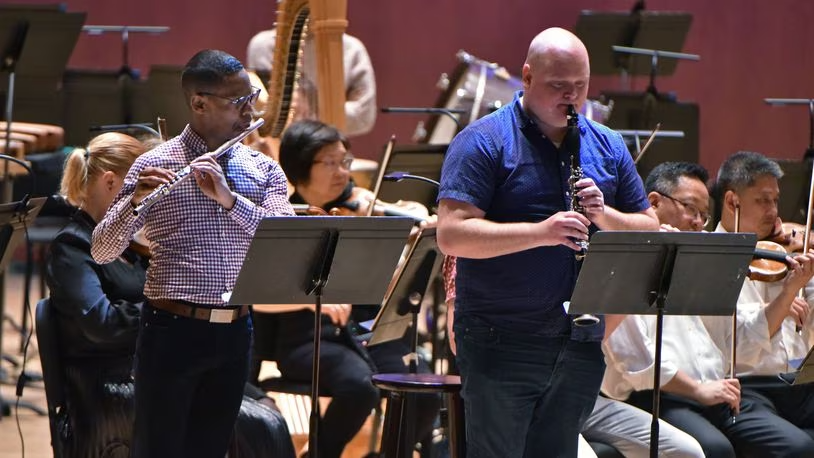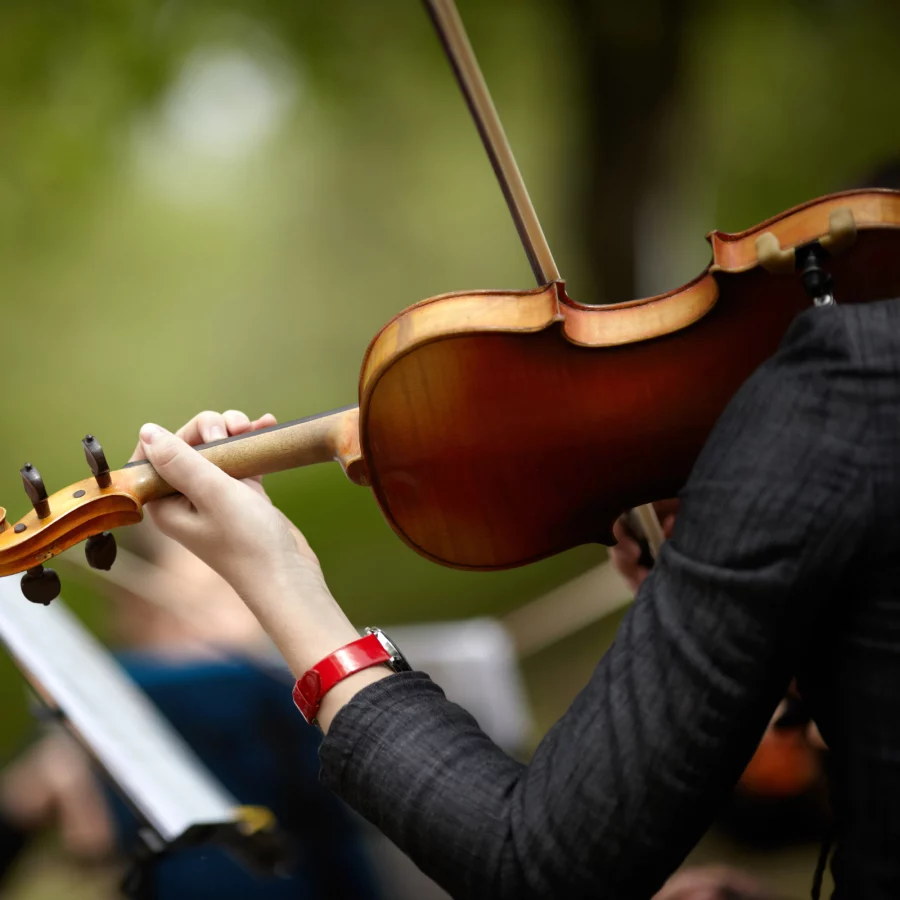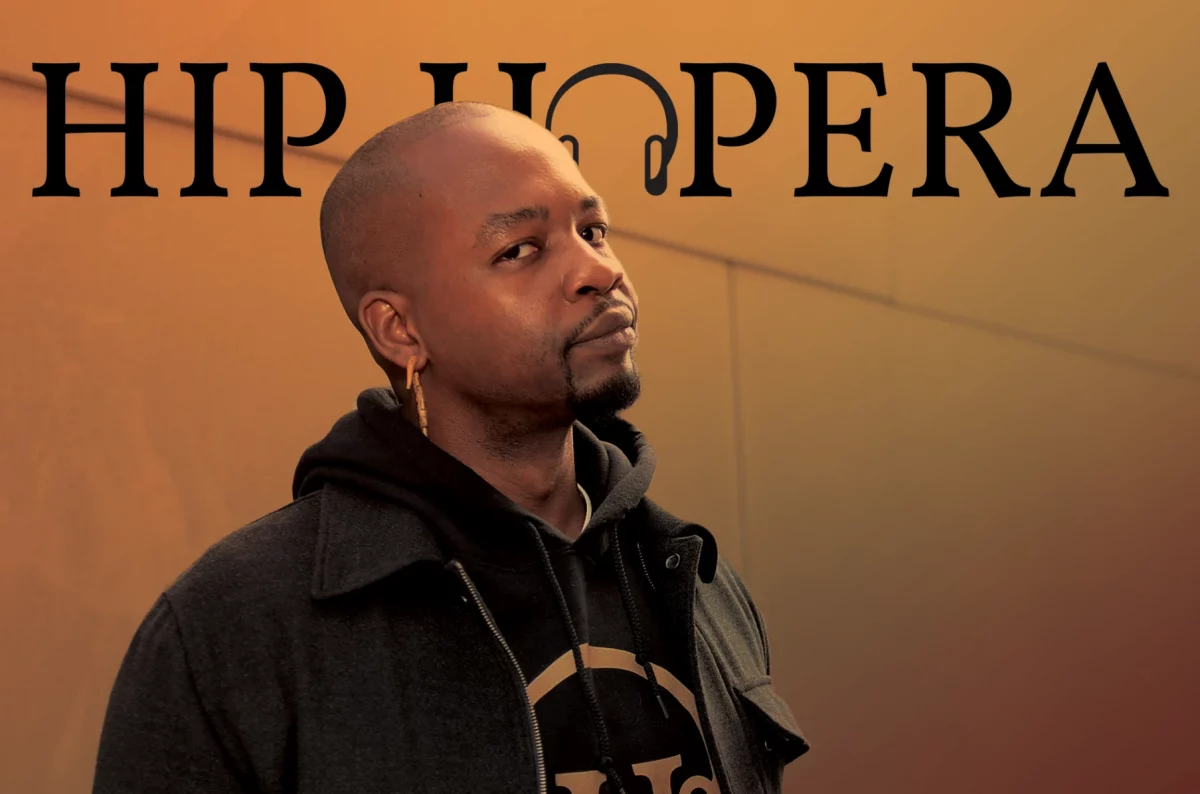Traditional music has caught up with a revolutionary breed of young artists across the globe, who are vastly acquiring a state for classical music — once considered elitist — with a little help from influencers like Squid Game, Gothic Academia and new fashion trends.
Most people, If asked to guess what under-25-year-olds are listening to, would unlikely land upon orchestral music.

According to the Royal Philharmonic Orchestra (RPO) survey published in December 2022, observed that 74% of UK residents aged under 25 were likely to be tuning into classical music at Christmas-time, compared with a mere 46% of people aged 55 or more.
Most people under 35-year-olds are more likely to listen to orchestral music than their parents, but also the widespread surge in popularity of classical music in general, particularly among younger generations across the globe.
What really invoked this kind of a shift? a younger generation making old wineskin even more interesting.
The playlist culture generated by streaming platforms has made it possible by enabling listeners to discover new artists and types of music to fit their mood. The solace it provided during the pandemic charmed the young listeners, not to mention the profusion of classical music in pop culture hits like Squid Game.
Among many other reasons, the most outstanding hook that attached this younger generations to this old genre of music is finding new ways to be seen and heard, and finding new means of modernizing what has long been branded music’s most elite and stuffy genre.
Subscribe to our Youtube channel @Switch tv
Unsurprisingly, social media has played a huge part in contemporary orchestra, as a quick search of the popular TikTok hashtag ‘classictok’, currently at 53.8 million views, witness.
Instagram on the other hand, allows young classical artists to make use of the digital realm’s democratic potential to lift the heavy velvet curtains in their art form, presenting classical music and its storied history in ways that are accessible, unintimidating and, most importantly, fun.
Esther Abrami, a French violinist with a following of more than 250,000 on Instagram, and over 380,000 on TikTok, became the first classical musician to be nominated in the Social Media Superstar category at the Global Awards.
Her journey to social media fame stemmed from a desire to share her passion more widely.
“I was studying at a top institution and most of the time I was practicing for exams, so the whole joy of sharing was taken away. Then, at the very few concerts I did play, there was a very specific type of audience that wasn’t very diverse,” Abrami narrated to BBC Culture.

She noticed that a handful of classical musicians had taken to Instagram to broaden their own reach, and decided to do the same. “I started posting a few things, and was stunned by the reaction that I got. Suddenly you have people from around the world listening to you and telling you it brightens their day to watch you playing the violin,” she enthuses. “It opened this door to a completely new world.”
Nigerian-US baritone and lifelong hip-hop fan Babatunde Akinboboye enjoyed a similarly swift and surprising rise to social media fame when he posted a video of himself singing Rossini’s renowned aria Largo al factotum over the top of Kendrick Lamar’s track Humble.
“I was in my car and I realized that the two pieces worked together musically, so I started singing on top of the beat,” he tells BBC Culture.
He documented the moment on his phone and posted the video on his personal Facebook account, guessing that his friends would enjoy it more than his opera peers.
“But I went to sleep, woke up the next morning, and it had expanded to my opera network, and far beyond that,” he laughs, explaining that within two days, his self-dubbed brand of “hip-hopera” had caught the attention of The Ellen Show, America’s Got Talent and Time magazine.
Read Also: The Promising Future of In-Game Advertising
















